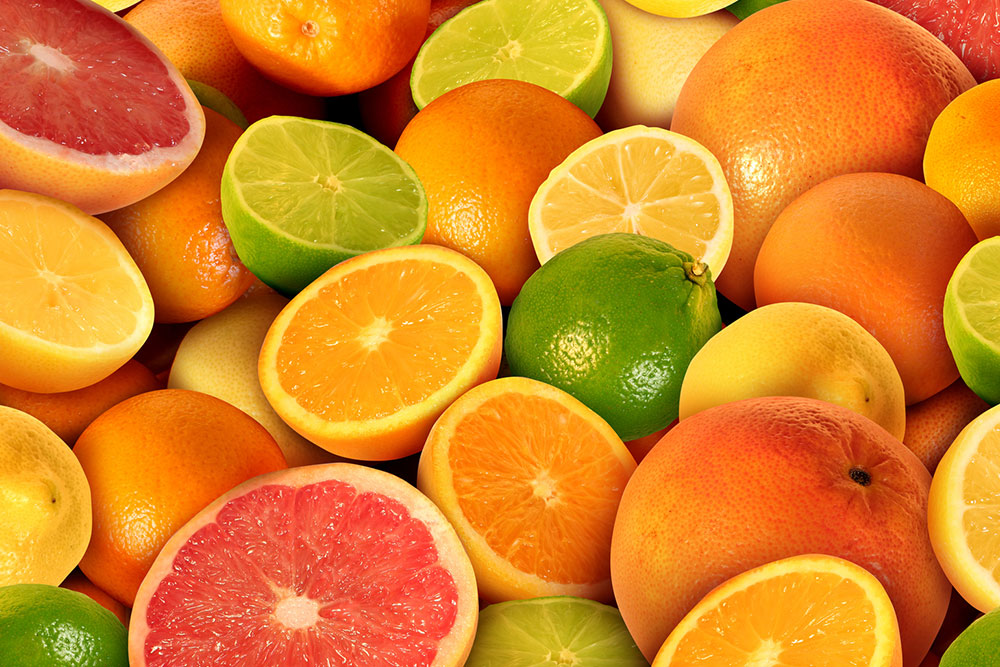9 foods that may worsen halitosis

Halitosis, also known as bad breath, is a condition that can be embarrassing and socially uncomfortable. Various factors can cause it; one significant contributor is the foods one consumes. Many foods and beverages contain compounds released upon chewing and broken down by saliva. This article explores the foods that can worsen halitosis and the reasons behind their impact on breath odor, where the severity of bad breath varies accordingly.
Onions and garlic
Onions and garlic, from the allium family of vegetables, are notorious for causing bad breath. These root veggies contain sulfur compounds that get absorbed into the bloodstream and are exhaled through the lungs. These potent compounds create an unpleasant odor that can linger for hours or even days after consumption.
Dairy products
Many daily use dairy products like milk, cheese, and yogurt can lead to bad breath for some people. This happens due to a food and beverage allergy called lactose intolerance that can cause an increase in bacteria in the mouth, producing foul-smelling compounds.
Spicy foods
Spicy foods, such as peppers and curry, can worsen bad breath. Spice stimulates gastric acid production, leading to acid reflux, regurgitating the stomach’s contents up the esophagus due to a faulty sphincter. When stomach acid flows back into the esophagus, it can carry odorous particles, leading to bad breath.
High-protein foods
Foods high in protein, like meats and fish, can contribute to bad breath. Canned fish and seafood, such as tuna and sardines, can contribute to bad breath due to their strong odor and the possibility of small particles trapped in the teeth. Bacteria in the mouth break down proteins into amino acids, some releasing sulfur compounds as they decompose. Bad breath worsens with the consumption of processed and deli cuts of meat made by grilling on high heat, rendering the fat down.
Coffee
Caffeine, especially sourced from black coffee, can contribute to bad breath. Caffeine dries out the mouth and reduces saliva production, which is essential for maintaining oral hygiene. Coffee is a diuretic, leading to dehydration, reducing saliva flow, and increasing the likelihood of bad breath.
Sugary foods and beverages
Sugary foods and beverages can create an environment conducive to bacterial growth in the mouth. Bacteria thrive on sugar; as they metabolize it, they release acids and odorous compounds. Excess sugar enables bacteria to worsen the cavities and increase the risk of oral problems.
Acidic foods and drinks
Acidic foods like vinegar and citrus fruits can ruin the tooth enamel and create an environment where bacteria can thrive.



